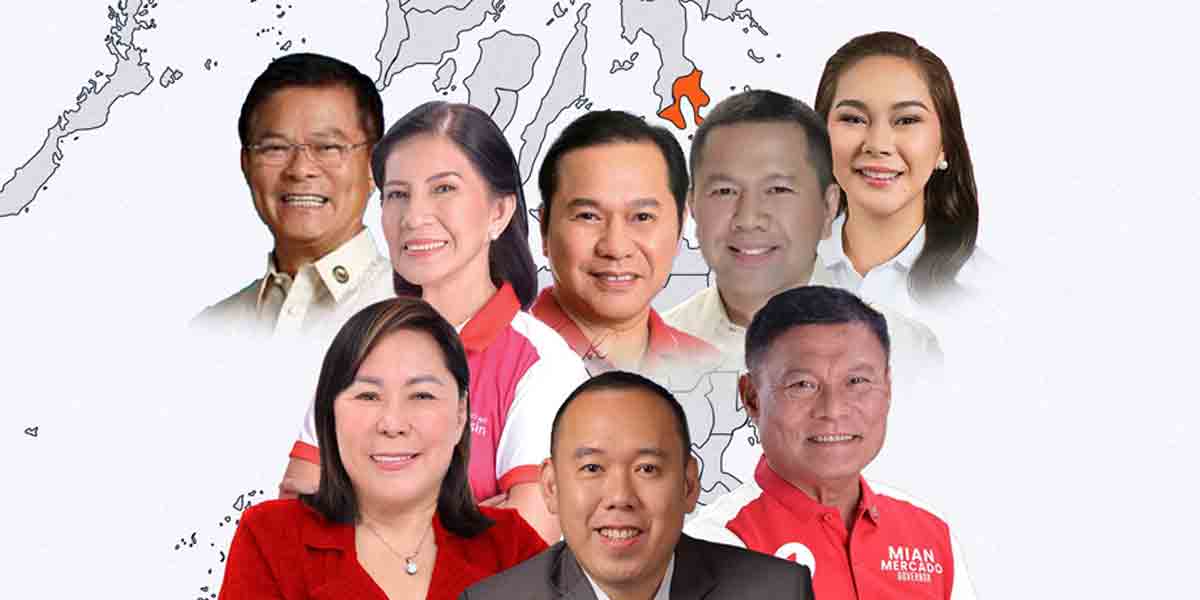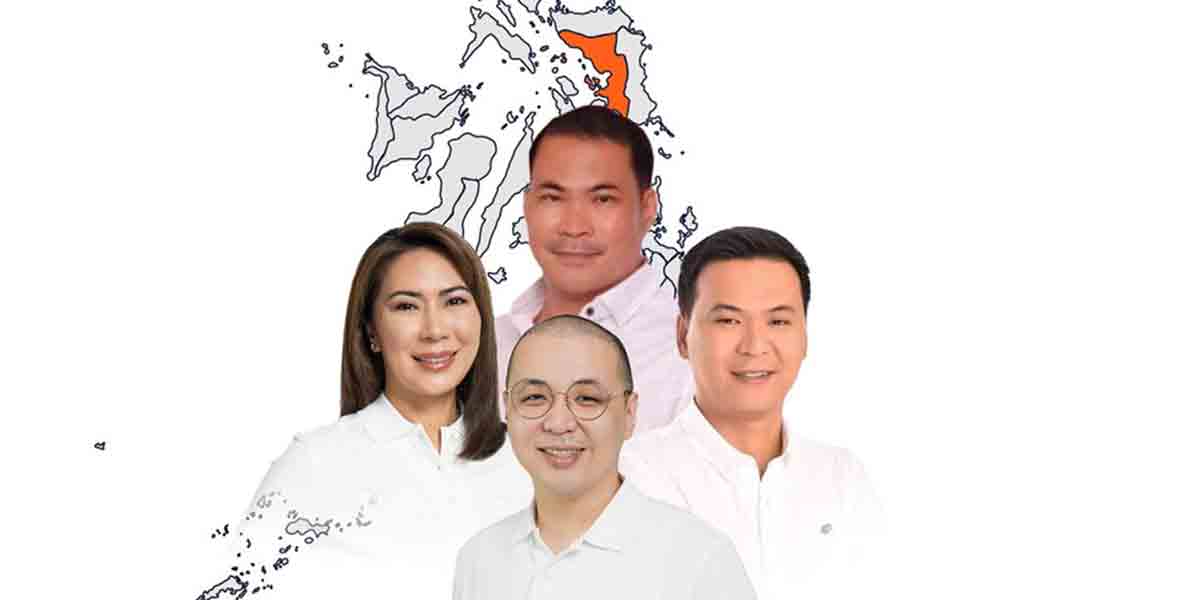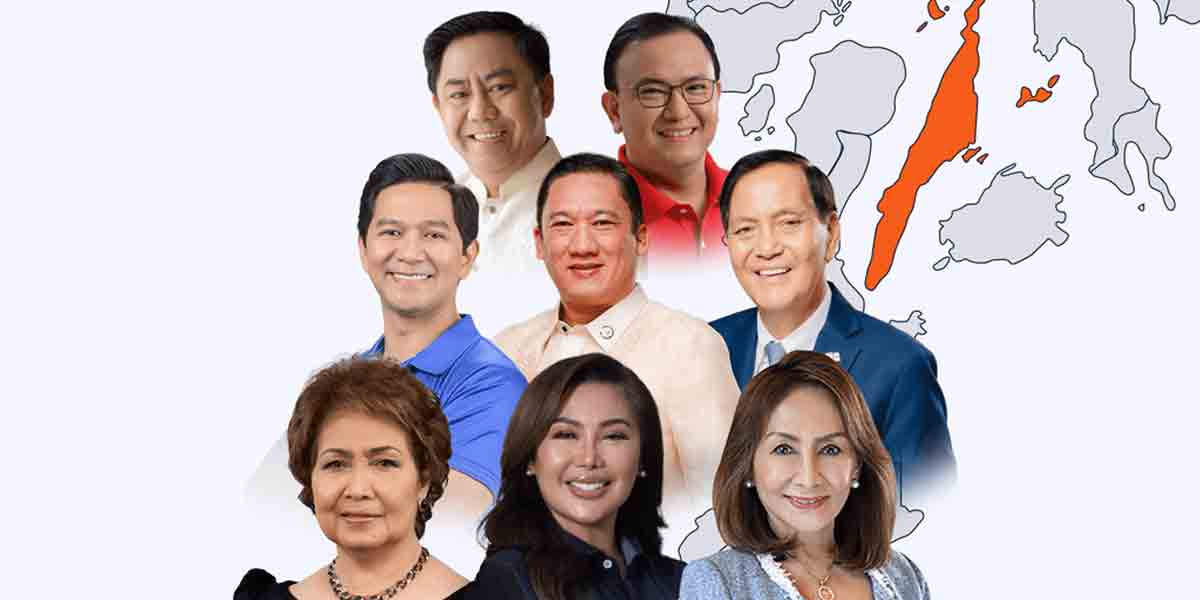Showcasing the Philippines’ potential in becoming a world-class hub for electric vehicle (EV) manufacturing, the Philippine Board of Investments (BOI), the country’s premier investments promotion agency, recently highlighted the country’s competitive industrial ecosystem in the 10th International Electric Vehicle Expo in Jeju, South Korea.
With the global push for sustainable solutions, the Philippines’ unique advantages in the industry are becoming increasingly recognized.
Speaking at the 6th ASEAN-Korea EV Forum, BOI Executive Director for Industry Development Services Ma. Corazon Halili-Dichosa discussed the Philippine EV industry highlighting the country’s value proposition for investments, including Government support programs for investors.
“We, in the BOI and DTI, see electric vehicles as a key technology in the automotive industry to contribute to sustainable development with lower greenhouse gas emissions, less air pollution for citizens, and new job opportunities with positive social impact. Aside from environmental benefits, we also see the corresponding health benefits of EVs, thus our journey towards automotive electrification,” Dichosa said.
Dichosa laid down the support programs from the Philippine Government available to investors and partners so that they can start their EV investments in the country.
These programs include the Motor Vehicle Development Program (MVDP), which allows registered participants to import Completely Knocked Down (CKD) parts at zero percent preferential tariff so they can do assembly in the Philippines at lower cost.
Additionally, the TRAIN Act exempts EVs from excise tax and provides a fifty percent reduction in applicable excise tax for hybrid vehicles. The EV Industry Development Act (EVIDA) provides fiscal incentives under the CREATE Act and non-fiscal incentives to promote EV adoption.
The Comprehensive Roadmap for the EV Industry as mandated under EVIDA has recently been completed and highlights the EV targets until 2040. Lastly, Executive Order No. 12, which was signed on 11 January 2023, reduces MFN duties to zero percent for completely built-up (CBU) EV units for five (5) years.
“The Philippines has all the basic building blocks necessary in the manufacture of electric vehicles, batteries, and battery energy storage systems, which we have coined as ‘GEMS’. We have an abundant supply of Green metals as key input to batteries and we have proven strength in Electronics manufacturing, needed in developing the supply chain for EV Parts. We also have a huge domestic Market size of over 110 million and primed Software developers that can provide the talent pool for developing battery management systems as well as other software to integrate the different functions of an EV,” Dichosa added.
To support industry growth, Dichosa also underscored that building up the Industrial Ecosystem is equally important, complementing the policy reforms. Moreover, the Philippines is home to a highly skilled and innovation-ready workforce who can successfully and efficiently drive the manufacturing enterprises’ operations.
The Philippine delegation headed by Dichosa included BOI Executive Director Evariste Cagatan, BOI Supervising Investments Specialist Elvin Garcia, Department of Energy (DOE) Director Patrick Aquino, Electric Vehicle Association of the Philippines (EVAP) Chairman Rommel Juan, and EVAP President Edmund Araga.
The Philippine delegation engaged with counterparts from other organizations to exchange ideas on EV industry development and promotion of EV adoption. They also had the privilege of observing the newest EV models and technologies showcased at the event.
The delegation then proceeded to meet with EV manufacturing companies in South Korea who would like to explore business opportunities in the Philippines.






















